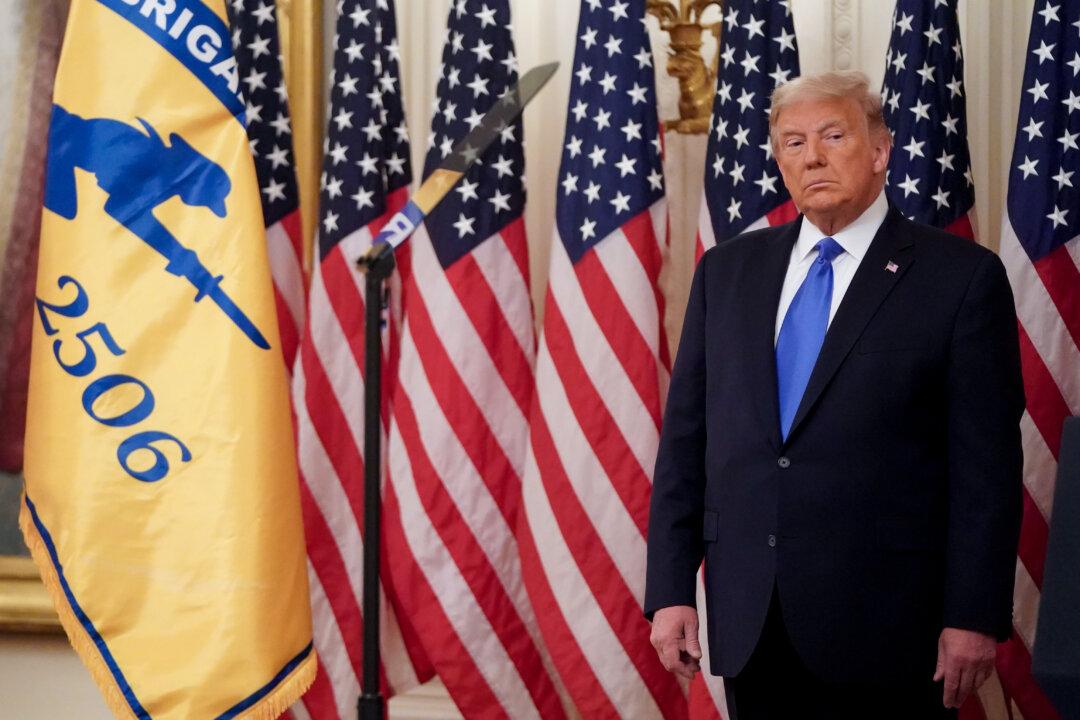The White House has announced plans to establish a joint pandemic research institute between the United States and Africa, aiming to prevent future outbreaks of deadly diseases.
In a statement, the White House Press Secretary said that, following President Donald Trump’s remarks at the Historically Black Colleges and Universities (HBCUs) Board of Advisors Meeting, his administration will establish the United States—Africa Institute for Epidemic Preparedness and Innovation, an initiative in which HBCUs will serve as a key liaison.





